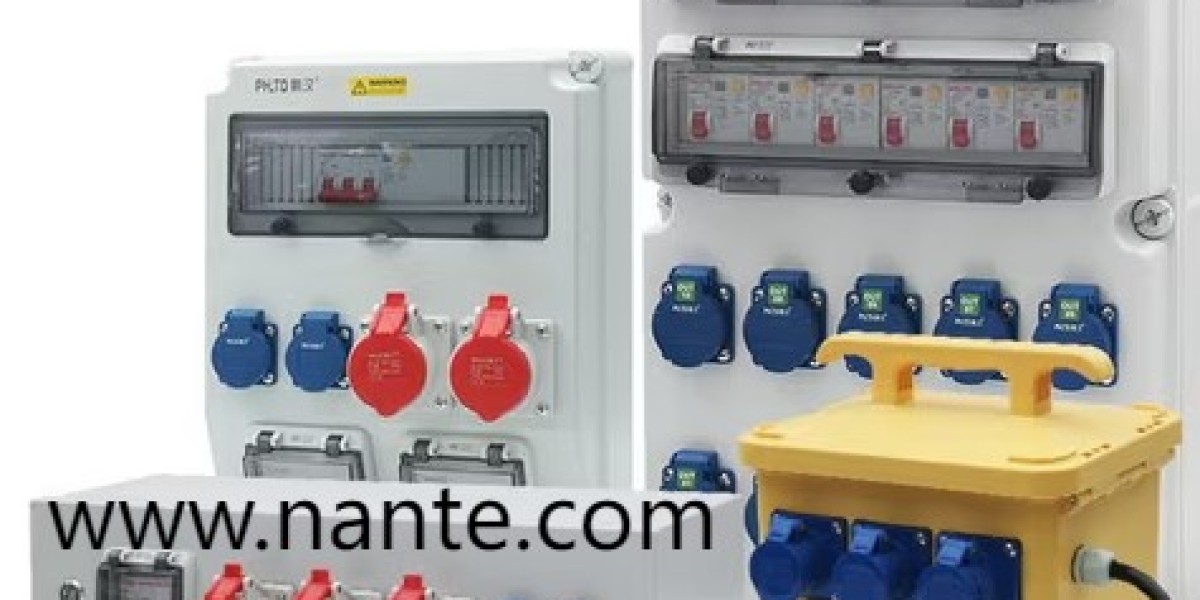As industries accelerate toward Industry 4.0, the backbone of digital manufacturing lies in reliable, adaptive power distribution systems. At the heart of this transformation is the industrial socket box , a once-simple component now reimagined as a nexus of safety, intelligence, and sustainability. From automated factories to renewable energy grids, these enclosures are no longer passive conduits but active enablers of efficiency and innovation—critical for navigating today’s climate challenges and technological disruptions.
Powering Smart Factories with IoT-Ready Solutions
Modern manufacturing demands real-time connectivity. Advanced industrial socket boxes now integrate IoT sensors to monitor energy consumption, predict maintenance needs, and optimize load distribution. Embedded communication protocols like EtherCAT and IO-Link enable seamless data exchange between machinery and centralized control systems, ensuring minimal downtime in high-speed production lines. For instance, smart panels in automotive assembly plants can autonomously reroute power during equipment failures, maintaining workflow continuity.
Climate-Resilient Designs for Extreme Environments
With factories expanding into harsh terrains—offshore wind farms, desert solar arrays, or Arctic mining sites—durability is non-negotiable. Innovations like UV-stabilized polycarbonate casings and corrosion-resistant alloys protect socket boxes from sandstorms, saltwater, and extreme temperatures. Modular seals rated IP66/IP67 prevent dust and moisture ingress, a necessity for outdoor robotic systems or disaster-response mobile units.
Safety Redefined in High-Risk Settings
Compliance with global safety standards remains paramount. Tamper-proof locks, arc-resistant chambers, and thermal overload protection mitigate risks in volatile environments like chemical plants or EV battery production facilities. Self-diagnostic features alert operators to insulation degradation or voltage fluctuations, aligning with regulations like IEC 61508 for functional safety in automated systems.
Sustainable Manufacturing Meets Circular Economy
As industries prioritize decarbonization, industrial socket boxes are evolving to reduce waste. Recyclable polymers and bio-based composites replace traditional plastics, while modular designs allow component upgrades instead of full replacements. Solar-ready configurations support hybrid energy systems, enabling factories to transition seamlessly between grid and renewable power sources.
Customization for Diverse Industrial Needs
No two factories are alike. Configurable socket boxes accommodate varying voltages, connector types, and IoT integration levels. For example, food processing plants require stainless-steel enclosures with washdown-resistant seals, while smart warehouses prioritize compact, wireless-enabled units for agile logistics robots. This adaptability ensures scalability across industries, from microelectronics to heavy machinery .
Pioneering the Next Era of Industrial Power
For enterprises bridging digital innovation and operational resilience, Nante delivers industrial socket boxes engineered to thrive in tomorrow’s smart factories. Explore how our solutions empower sustainable, connected manufacturing at www.nante.com.




